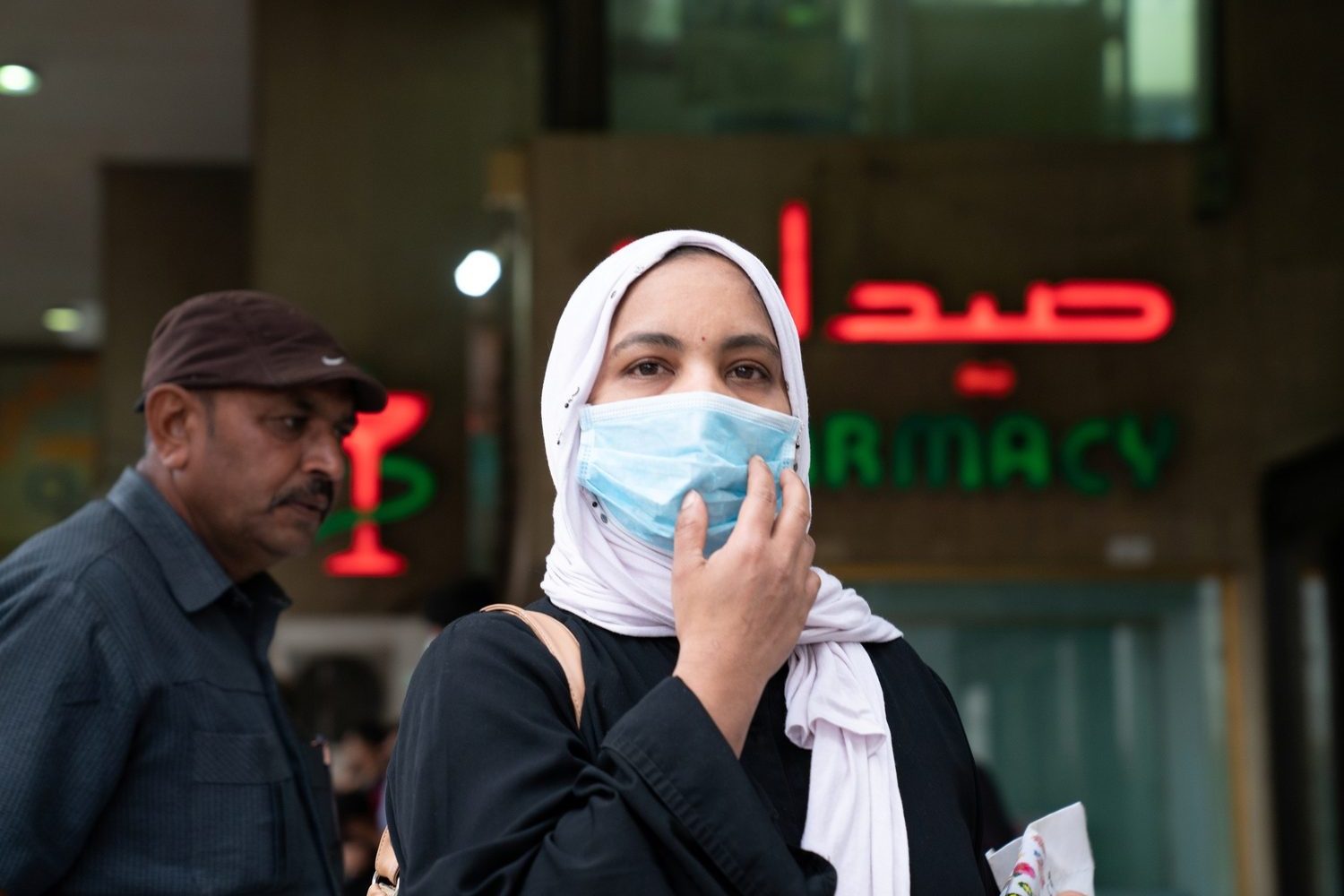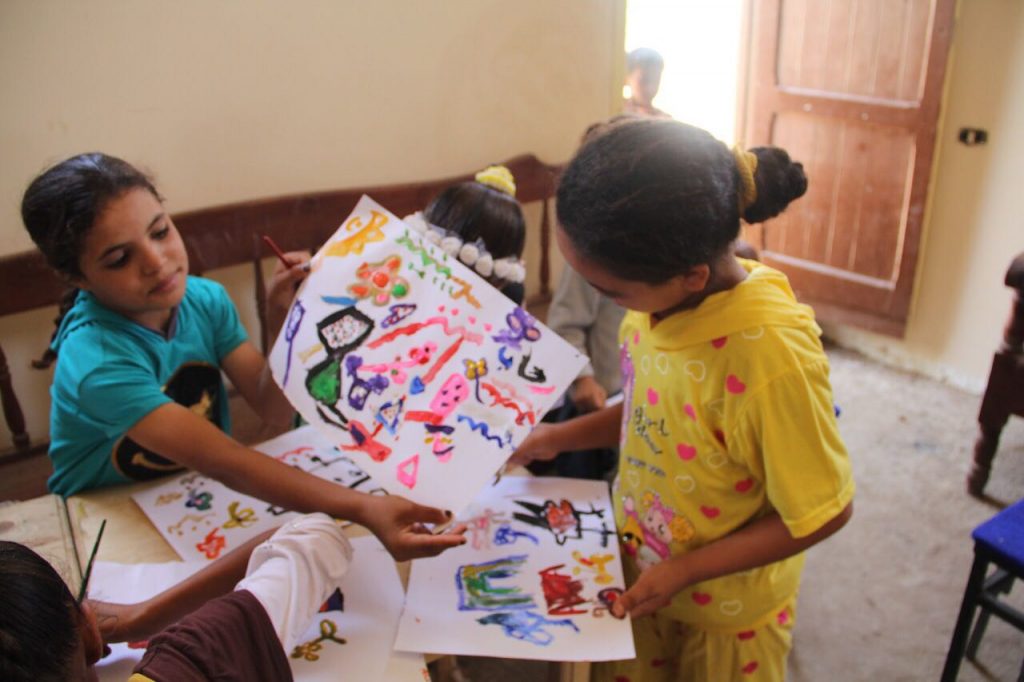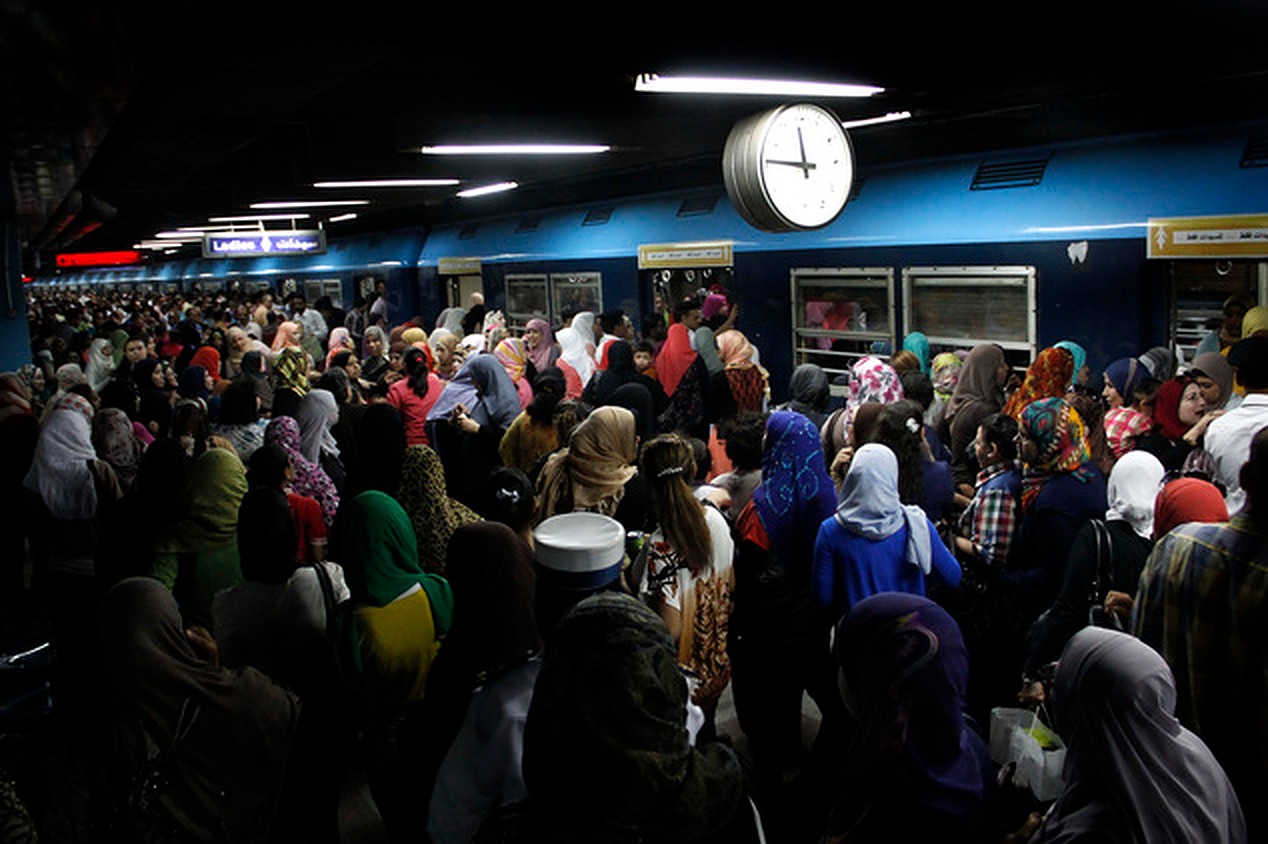Unforeseen and devastating, the coronavirus pandemic has disrupted the lives of all. But while many are describing it as an equalizer, a threat to everyone in equal measure, data from around the world increasingly shows that COVID-19 has affected the vulnerable disproportionately.
This has manifested itself in a variety of ways. In the United States, for instance, communities of colour, though a smaller percentage within the population, have faced higher proportions of infection and fatalities than White communities.
In Egypt, little data is available on how the pandemic and the subsequent economic crisis have affected each social group differently, but lack of access to quality healthcare, affordable medicine and education, as well as a lack of ability to social distance have undoubtedly placed some people at a disadvantage.
In many, if not most, cultures, women find themselves socially and economically vulnerable, and this has meant that they, too, have been among the groups whose lives have been heavily impacted by the pandemic.

In a number of countries, rising numbers of domestic violence cases and calls to domestic violence helplines have been recorded, often attributed to tensions of confinement and financial difficulties.
A UN Women report shows that France, Germany, Spain, Canada, the UK, and the US are among the countries where reports of domestic violence have increased, while in Argentina, Cyprus, and Singapore, helplines have registered a significant increase in demand. In Mexico, where lockdown measures were implemented on 23 March, April became the deadliest month for women in five years.
Women in Egypt are among the most vulnerable members of society—both socially and economically—for a variety of reasons. For one thing, they are subjected to gender-based violence at home and in their communities, as well as frequent sexual abuse and harassment in their everyday lives. For another, they are essential income producers, as well as the primary caregivers in most households. In other cases, they are the sole providers and caregivers for their families. Nevertheless, the flexibility needed for such a social role is not afforded in the positions most of them occupy.
While at the outset of this crisis, government positions allowed female employees paid leave as needed, an overwhelming number of women are employed in positions that cannot or do not afford them such a leeway. Deputy Executive Director at the Banaty Foundation NGO, Nadine Khalife, tells Egyptian Streets that many women in the Egyptian labour force are employed in tourism, retail, and hospitality, three of the sectors that were hit hardest by the COVID-19 closures and safety measures.
As women are likely to have the lowest-paid jobs in these industries to begin with, often employed informally or on a part-time basis, and usually unable to shirk their responsibilities as caregivers at home, it has made them more susceptible to being laid off by the companies or organizations that employ them, as well as giving them less access to social protections, Khalife explains.

She further points out that due to the coronavirus pandemic, daycares and nurseries, which normally allow women more flexibility and give them the opportunity to work longer hours to provide for their households, are less accessible due to closures and decreased capacities.
Women are also vulnerable to contracting the virus, as they represent 70 percent of the workforce in paid care, that is teaching, social work, home help, and nursing homes. They represent an even larger proportion of nursing positions in Egypt, at 90 percent, a job that exposes them even more directly to the threat of the virus.
Khalife tells Egyptian Streets that around 19 percent of households in Egypt are headed by single women, and women have less access to healthcare services and governmental social protections than men. Coupled with the risks of losing their jobs or contracting the virus, such homes are at an extremely significant risk in the midst of this crisis.
In Egypt, there is no specific data as to whether there has been a rise in domestic violence. Where there are helplines and shelters provided by the government and NGOs, there are issues of accessibility as well as stigma around complaints.
While globally, as well as in Egypt, men are more likely to contract and die from the coronavirus, the crisis is laying bare deep vulnerabilities and inequalities that need addressing in Egypt as well as around the world. The numbers detailing the social and economic struggles of women in the midst of the pandemic are lacking, and Khalife impresses on the importance of collecting accurate and representative data to understand the problems at hand, and empower Egypt to solve them
“If we can collect gender disaggregated data on the impact of COVID-19 on women, we will be able to respond with adequate gender socio-economic measures, because the impact on women is different than the impact on men,” Khalife tells Egyptian Streets.
Any views expressed by the writer are their own and do not reflect the views of any institution with which they are affiliated.







Comments (2)
[…] Amina Zaineldine Source link […]
[…] Deepening Vulnerabilities: COVID-19’s Effect On Women in Egypt […]